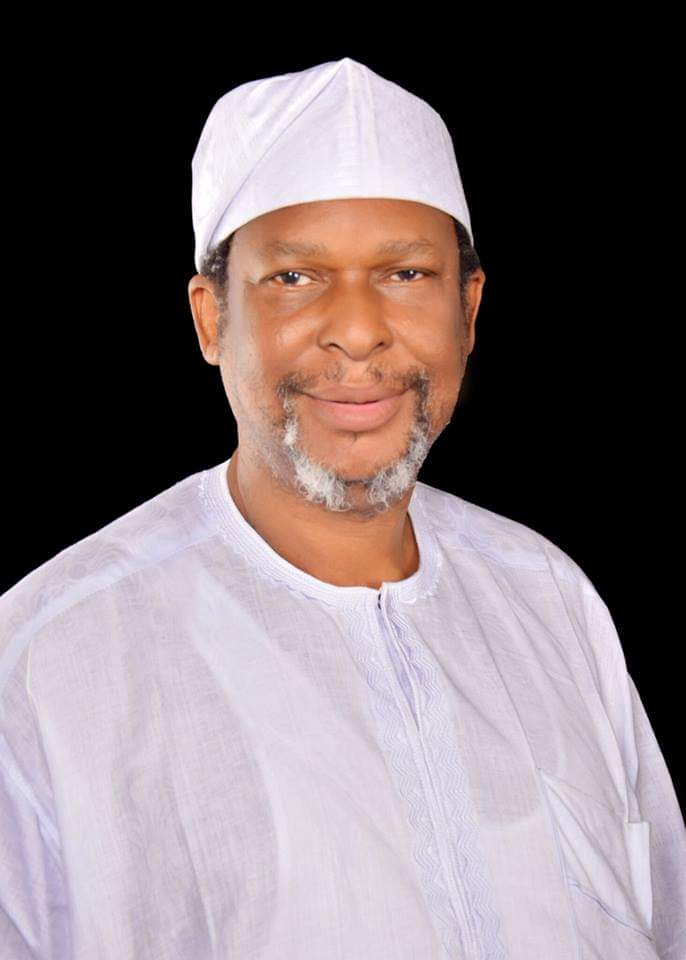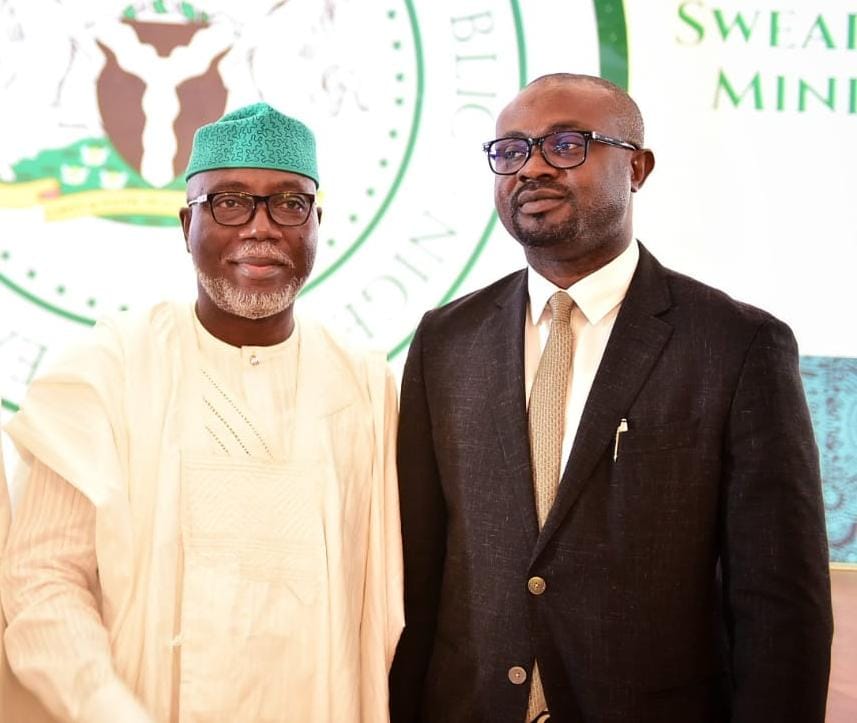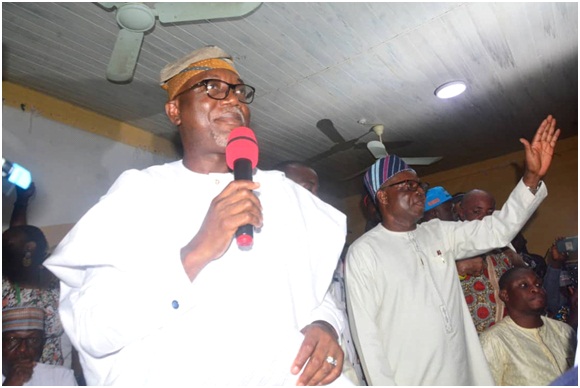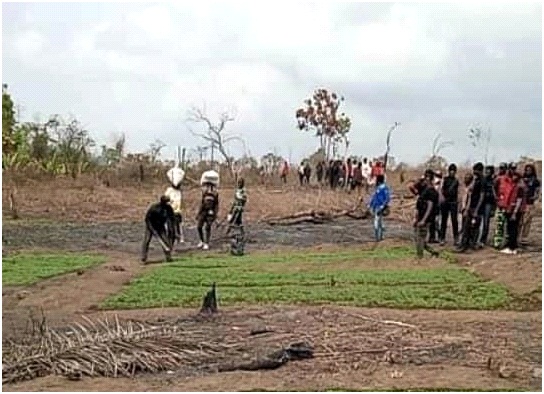Watch out for fake Naira notes —Experts warn
ByJimoh Ahmed, Biyi Akinnodi & Fisayo Akinduro
|
Nigerians have been alerted that fake naira notes might soon be in circulation across the country.
Experts who spoke with The Hope said increasing inflation, lack of foreign exchange and the poor implementation of the cashless policy might promote the production of fake naira notes in the country.
They explained that the high interest rate in the country which had undermined saving culture has the tendency to fuel the printing and circulation of counterfeit currencies and promote inflation.
Those who spoke with The Hope, Dr Bayo Fasunwon a political scientist at AAUA, Akungba Akoko, Dr Akin Oguleye, Osun State University, Osogbo and Dr Adetunji Ogunyemi from Obafemi Awolowo University, Ile-Ife, and a banker, Mr Samuel Oyedele.
Fasunwon said once cash is not being deposited in the banks, it encourages the circulation of counterfeit currencies thus increasing inflation. He posited that low service delivery and poor customer relations are other factors.
Ogunleye, on his own part said that whenever there are so many operators in the money market, there is the possibility of black market and fake currency in circulation.
He stressed that the activities of Bureau De Change are creating more problem on the influx of both genuine and fake currencies.
“The only thing the Central Bank of Nigeria, CBN, can do is to have more effective control of the number of operators and activities of the Bureau De Change.
“We cannot blame them; the Bureau De Change operators are only capitalizing on the lapses in the economy. Once they discover that there are lapses as a result of inefficient operation and manipulation of the system, they capitalise on it, by bringing in fake currencies and selling it to unsuspecting buyers.”
Ogunyemi said, CBN cannot decree or impose a higher value on the Naira than she currently has.
He noted that the exchange rate of a currency, though may also need a good management system, comes essentially from productivity and not from an artificially fixed regime.
“Just check the value of Nigeria’s export relative to her import, you will see that we do not produce high net worth goods and services that will be sufficient enough to guarantee a high exchange rate for the naira.
“Besides, have you noticed that we import all manners of goods and services into this country for which we have to pay in foreign currencies? Examples are our food imports, eg poultry, rice, stock and iced fish, wine, clothes, cars, refined petroleum products etc,
“All these imports will have to be paid for in hard-earned foreign exchange, so, when you do not export enough (except your crude oil) to earn the foreign exchange, it means huge amounts of your naira will be chasing fewer dollars or euro.
“Let the country produce more, especially our own foods; let us also refine our own crude oil and you will see that the Naira exchange rate will appreciate.”
The duo, while acknowledging the huge success of the cashless policy, posited that it is a huge success in easing financial transactions by nearly eliminating the need to carry huge cash around together with the associated security risks that that haulage could bring.
“Cashless policy is good because it enhances economic activities, it also speeds up the process of business transaction.”
Ogunyemi said it is true that less than the 50 percent of the Nigerian population is banked.
“It is also true that most bank customers are concentrated in the country’s urban centres. These two problems are not new in any Third World countries. It takes time before the banking population will increase significantly enough to make the whole country benefit from the advantages of a cashless policy.
“So, as the country’s population increases in literacy and internet connectivity and usage, you can be sure that the cashless policy too will take a corresponding level of acceptability and usage. Rome wasn’t built in a day.”
A banker, Mr Samuel Oyedele said he foresees upsurge in the percentage of fake currency in circulation which he currently puts at 20%.
He attributed the scarcity of foreign exchange in the country to the drop in oil price, which is Nigeria’s major foreign exchange earner.
He said the scarce foreign exchange coupled with the inefficient cashless policy may spell economic doom for the country unless the federal government, through the CBN, do the needful.
Oyedele explained that the outbreak of the coronavirus pandemic which dealt a terrible blow to the world’s economy caused the price of crude oil to fall and reduction in demand by major world economic giants thereby leaving Nigeria with less foreign exchange earnings.
He went further to explain that since other non-oil sector foreign exchange earner in the country has no significant impact, this triggered the scarcity of foreign exchange thereby leaving manufacturers to scramble for the little available.
Dr Ahmad Hassan who is a management consultant said the many loopholes in the cashless policy in the country may give room for fake currency to thrive.
He however called on the CBN to be alive to its duty by stabilising the foreign exchange rate and the economy.
Equally he suggested that food production, through heavy investment in the agricultural sector must be given high premium to serve local consumption and export.
However, a financial expert, Mr. Rotimi Ogunleye commended the CBN for the cashless policy which he said remains the best tool to curb corruption.
“If a country wants to curb corruption or fake currency in the circulation, it must reduce access of people to unnecessary cash.
“Two important institutions are very key to commerce; financial institution which is part of money market structure and the security. The moment there is fake currency in the economy it means the bank is failing in its responsibilities as well as the security agencies.
“With the introduction of BVN and national identification number linking with the mobile number, it would be easier to capture any transaction and track down any fraudulent person. So we must tighten our economy in such way that every transaction is captured to get value in our economic index, he added.”










